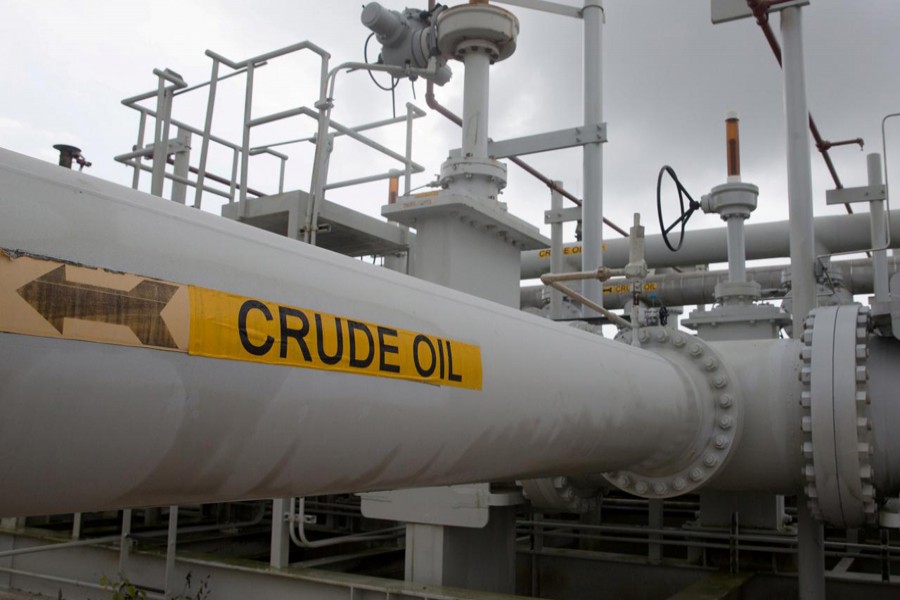Oil prices rebounded on Friday, clawing back some of the ground lost this week, but remained close to their lowest levels in more than a year as rising US inventories and concern over global economic growth kept markets under pressure.
Brent crude oil LCOc1 was up $1.20, or 2.3 per cent, at $53.36 a barrel by 0830 GMT, having earlier risen more than 3 per cent. It had dropped 4.2 per cent on Thursday.
US light crude CLc1 was up $1.20, or 2.7 per cent, at $45.81, after rising 3.6 per cent in early trade.
Oil prices fell to their lowest in almost 18 months this week and are down more than 20 per cent for the year, depressed by ample supplies that have filled fuel tanks worldwide.
“For the time being, the stock market and the oil market will echo each other,” said Ahn Yea-Ha, commodity analyst at Kiwoom Securities. “Global economic slowdown worries have been weighing on stock market movements, and oil prices are not free from those concerns.”
Asian stocks edged up on Friday after US shares extended gains for a second straight day.
Stephen Innes, head of trading for Asia-Pacific at futures brokerage Oanda in Singapore, said crude prices had been pressured by slowing economic growth “coupled with the expectation of strong US production in the new year”.
US crude inventories rose 6.9 million barrels to 448.2 million barrels in the week to Dec. 21, according to the American Petroleum Institute. The US Energy Information Agency (EIA) will publish its data at 1600 GMT.
“If the EIA’s data shows a rise in US crude inventories, that would cap price gains,” Ahn said.
The United States has emerged as the world’s biggest crude producer this year, pumping 11.6 million barrels per day (bpd), more than both Saudi Arabia and Russia, according to Reuters news agency.
Russian Energy Minister Alexander Novak said on Thursday that rising protectionism and the unpredictability of the US administration had greatly contributed to global oil price volatility over the past two years.
Novak also said Russia would cut its crude output by between 3 million and 5 million tonnes in the first half of 2019 as part of a deal between producers
Earlier this month, the Organization of the Petroleum Exporting Countries and its allies including Russia, agreed to cut output by 1.2 million bpd, or more than 1 per cent of global consumption, starting in January in a bid to help clear a supply overhang.


